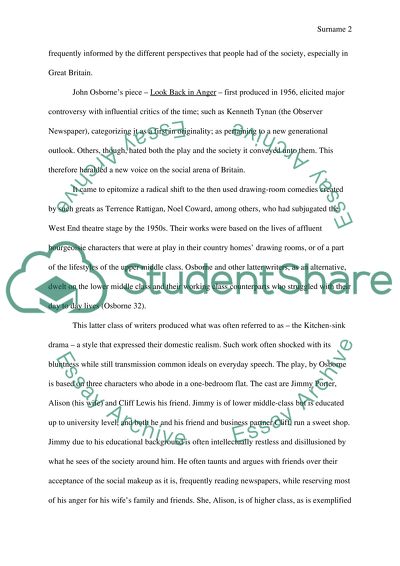Cite this document
(“Post-World War 2 Britain was still bound by a rigid class system which Coursework”, n.d.)
Post-World War 2 Britain was still bound by a rigid class system which Coursework. Retrieved from https://studentshare.org/literature/1594830-post-world-war-2-britain-was-still-bound-by-a-rigid-class-system-which-restricted-the-freedom-of-individuals-within-it-compare-and-contrast-your-three-texts-in-the-light-of-this-view-exploring-how-they-support-or-challenge-this-view
Post-World War 2 Britain was still bound by a rigid class system which Coursework. Retrieved from https://studentshare.org/literature/1594830-post-world-war-2-britain-was-still-bound-by-a-rigid-class-system-which-restricted-the-freedom-of-individuals-within-it-compare-and-contrast-your-three-texts-in-the-light-of-this-view-exploring-how-they-support-or-challenge-this-view
(Post-World War 2 Britain Was Still Bound by a Rigid Class System Which Coursework)
Post-World War 2 Britain Was Still Bound by a Rigid Class System Which Coursework. https://studentshare.org/literature/1594830-post-world-war-2-britain-was-still-bound-by-a-rigid-class-system-which-restricted-the-freedom-of-individuals-within-it-compare-and-contrast-your-three-texts-in-the-light-of-this-view-exploring-how-they-support-or-challenge-this-view.
Post-World War 2 Britain Was Still Bound by a Rigid Class System Which Coursework. https://studentshare.org/literature/1594830-post-world-war-2-britain-was-still-bound-by-a-rigid-class-system-which-restricted-the-freedom-of-individuals-within-it-compare-and-contrast-your-three-texts-in-the-light-of-this-view-exploring-how-they-support-or-challenge-this-view.
“Post-World War 2 Britain Was Still Bound by a Rigid Class System Which Coursework”, n.d. https://studentshare.org/literature/1594830-post-world-war-2-britain-was-still-bound-by-a-rigid-class-system-which-restricted-the-freedom-of-individuals-within-it-compare-and-contrast-your-three-texts-in-the-light-of-this-view-exploring-how-they-support-or-challenge-this-view.


